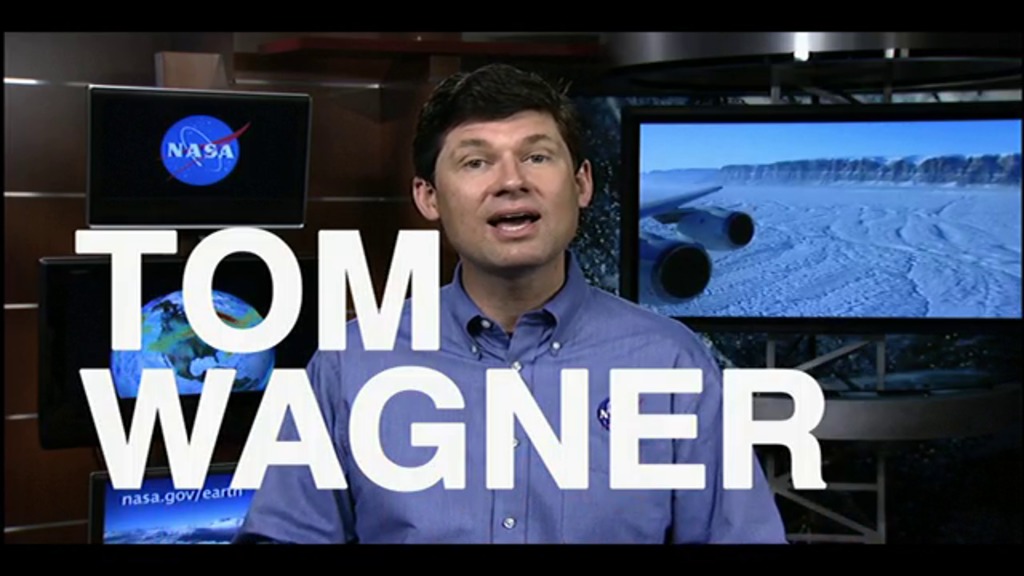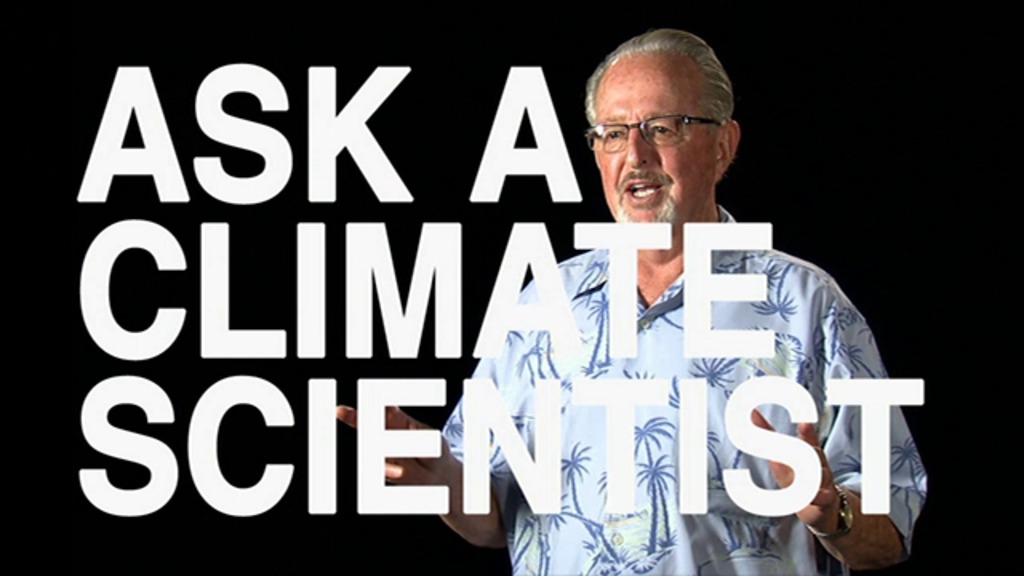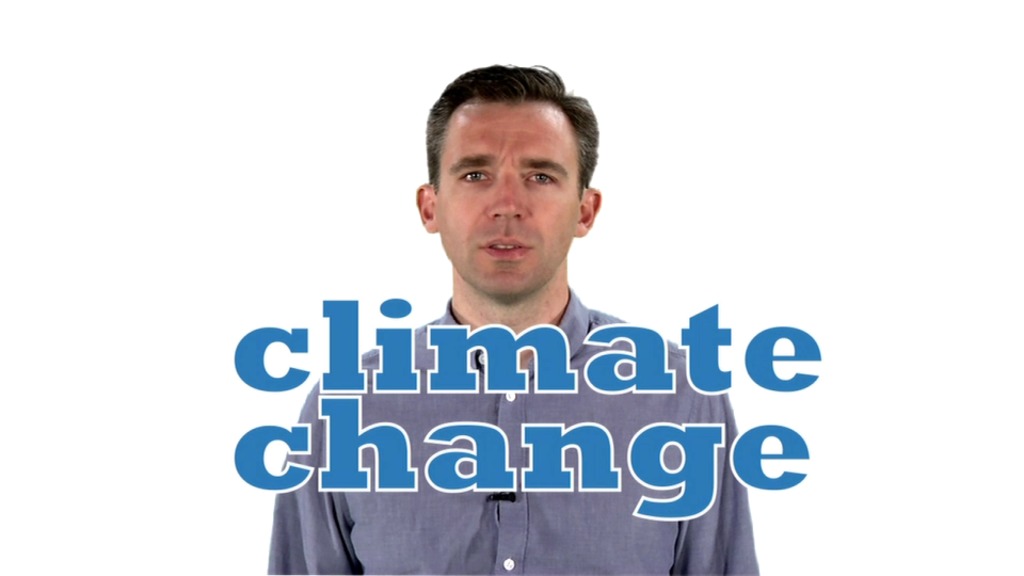Ask A Climate Scientist - Lagging CO2
Is there any merit to the studies that show that historical CO2 levels lag behind temperature, and not lead them?
Climate scientist Peter Hildebrand, Director of the Earth Science Division at NASA's Goddard Space Flight Center, says yes, there's merit to those studies. In the pre-industrial age, the CO2 response to temperature was that the temperature would go up and CO2 would go up. Or if the temperature went down, CO2 would go down. And the reason for that is when the temperature went up, the whole biosphere revved up and emitted CO2, and we had more CO2 in the atmosphere. So we understand that process.
In the post-industrial age, the opposite is true. Increasing CO2 in the atmosphere is leading to increased temperature. So two different things happened, one pre-industrial, where temperature was driving the CO2, and post-industrial, where CO2 was driving temperature. Which means a completely different physical-biological process is going on. And we don't understand what the consequence of that change is.
It is a fundamental change to how the earth works and the earth's radiation balance works. And so, we're very concerned because we don't see any restraining force on continued increase in temperature due to continued increase in CO2. And that's a problem.
Is there any merit to the studies that show that historical CO2 levels lag behind temperature, and not lead them? This question was posed to Goddard Space Flight Center climate scientist Peter Hildebrand as part of NASA's Ask A Climate Scientist campaign.
For complete transcript, click here.
For More Information
Credits
Please give credit for this item to:
NASA's Goddard Space Flight Center
-
Video editor
- Matthew R. Radcliff (USRA)
-
Producer
- Matthew R. Radcliff (USRA)
-
Videographer
- John Caldwell (Advocates in Manpower Management, Inc.)
-
Writer
- Patrick Lynch (Wyle Information Systems)
Release date
This page was originally published on Tuesday, September 24, 2013.
This page was last updated on Wednesday, May 3, 2023 at 1:51 PM EDT.
Series
This visualization can be found in the following series:Tapes
This visualization originally appeared on the following tapes:-
Ask A Climate Scientist
(ID: 2013077)
Wednesday, September 4, 2013 at 4:00AM
Produced by - Walt Feimer (HTSI)





